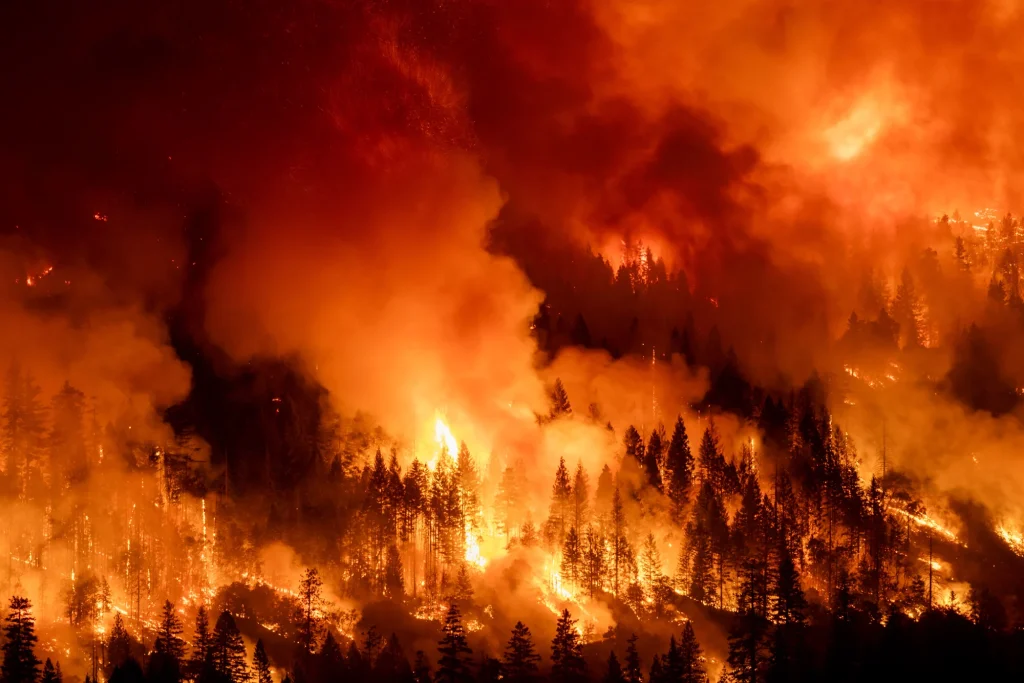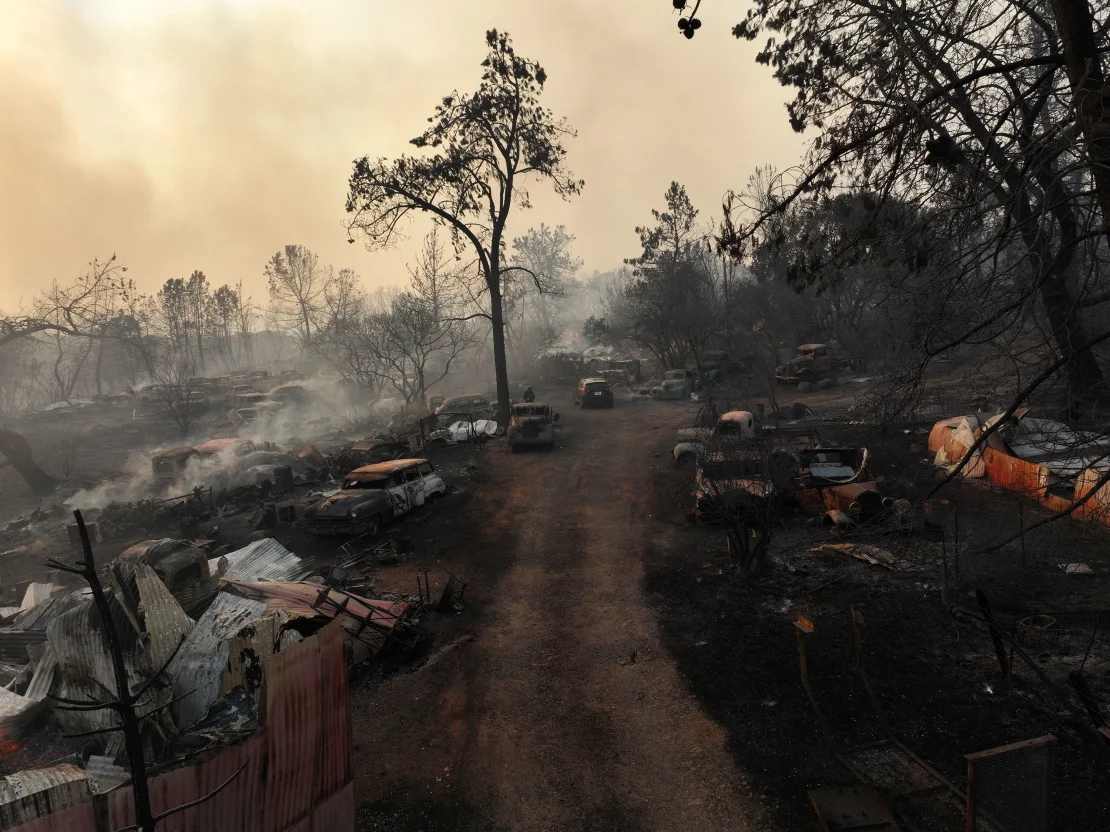Arsonists Set Fires for Dark, Surprising Reasons That Often Leave Communities in Shock

Arson, the deliberate act of setting fires, is a crime that can devastate lives, property, and ecosystems. But what drives someone to commit such a destructive act? The motives behind arson are often complex, ranging from psychological issues to financial gain, and sometimes, the reasons are as dark as they are surprising. Understanding these motives not only sheds light on the minds of arsonists but also highlights the importance of prevention and intervention. Here’s a closer look at why arsonists set fires and the shocking reasons that often emerge in their wake.
1. Psychological and Emotional Distress
Many arsonists are driven by deep-seated psychological issues, such as untreated mental illness, trauma, or a desire for control. For some, setting fires provides a sense of power or relief from emotional pain. Pyromania, a rare impulse control disorder, is one example where individuals feel an irresistible urge to set fires, often experiencing pleasure or satisfaction from the act.
2. Financial Gain
In some cases, arson is a calculated crime aimed at financial profit. Property owners may set fire to their own buildings to claim insurance money, while others may target businesses or homes as part of a larger scheme. These acts are often meticulously planned, leaving investigators to unravel the web of deceit.
3. Revenge or Retaliation
Arson is frequently used as a weapon of revenge. Whether it’s a disgruntled employee targeting a workplace, a former partner seeking to inflict harm, or a community member settling a personal vendetta, the flames are often fueled by anger and a desire to punish.
4. Attention-Seeking Behavior
Some arsonists set fires to gain attention or recognition. Firefighters, first responders, or even the media may become unwitting participants in their quest for notoriety. In extreme cases, individuals may set fires only to “discover” them and play the role of a hero.
5. Political or Ideological Motives
Arson can also be a tool for political or ideological expression. Activists or extremists may use fire to make a statement, destroy symbols of opposition, or incite fear. These acts often carry a message that extends beyond the immediate destruction.
6. Boredom or Thrill-Seeking
For some, particularly young offenders, arson is a reckless act born out of boredom or a desire for excitement. The thrill of watching a fire spread, combined with a lack of understanding of the consequences, can lead to devastating outcomes.
7. Covering Up Other Crimes
Arson is sometimes used to conceal evidence of another crime, such as theft, murder, or fraud. By destroying the scene, perpetrators hope to eliminate clues that could lead to their arrest.
The Aftermath: A Community Left to Rebuild
Regardless of the motive, the impact of arson is far-reaching. Families lose homes, businesses are destroyed, and ecosystems are damaged. The psychological toll on victims and first responders can be long-lasting, making arson one of the most destructive crimes.
As investigators work to uncover the motives behind these acts, communities are left to grapple with the aftermath. Understanding the dark and surprising reasons behind arson is a crucial step in preventing future tragedies and addressing the root causes of this devastating crime.




